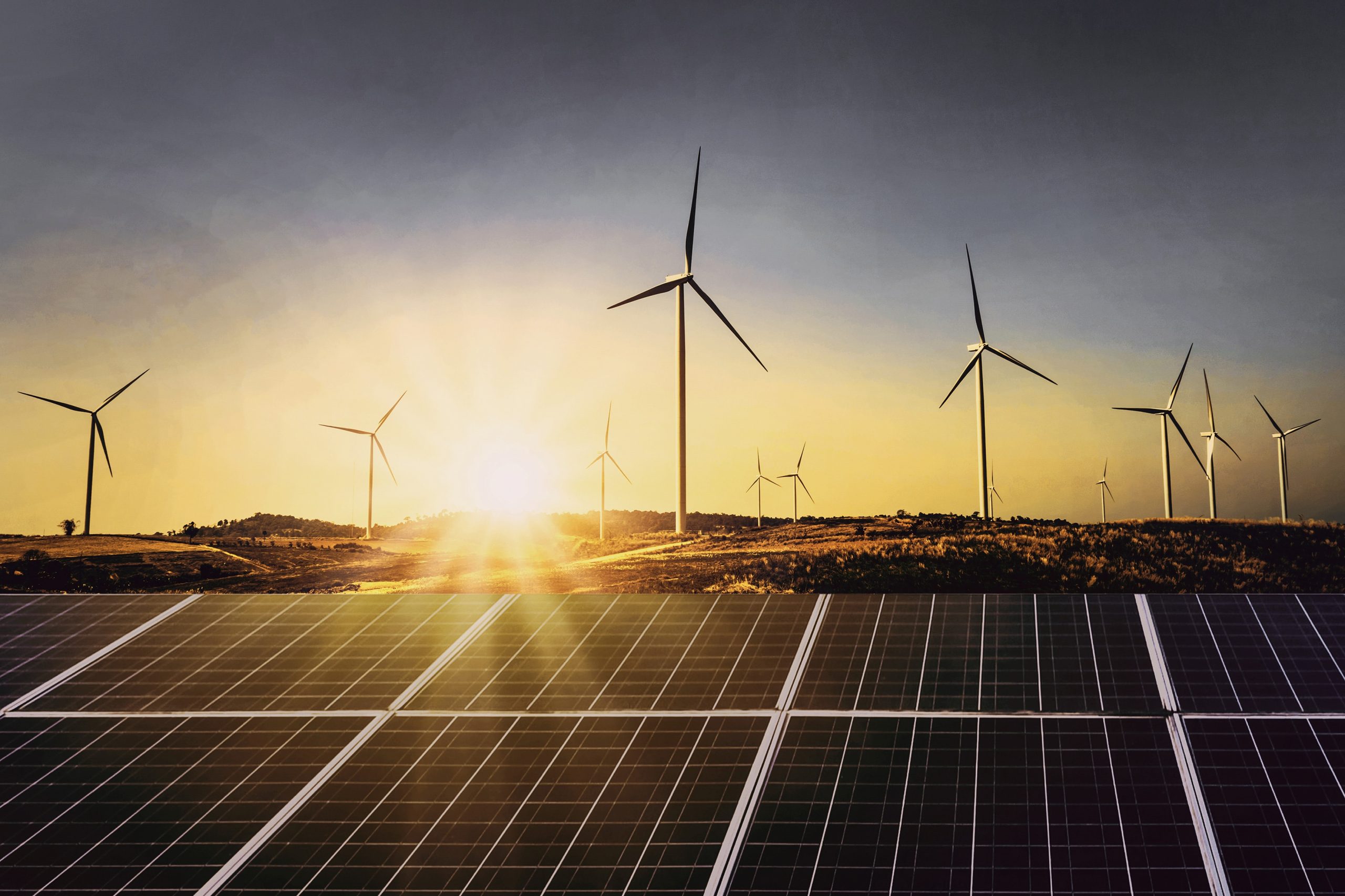
By Edson Baraukwa | Africa Guardian
Governments, industries, and key stakeholders now have access to a new, action-oriented toolkit aimed at ensuring the global energy transition is equitable, just, and sustainable. This toolkit comes as demand for minerals critical to renewable energy is expected to nearly triple by 2030, according to a report released on Wednesday by an expert panel convened by the UN Secretary-General.
“This report from the Panel on Critical Energy Transition Minerals is a guide to generating prosperity and equality alongside clean energy,” said UN Secretary-General António Guterres.
Today’s rapidly growing clean energy technologies, such as wind turbines, solar panels, electric vehicles, and battery storage, heavily depend on critical minerals like copper, lithium, nickel, cobalt, and rare earth elements. The report suggests ways to anchor the renewables revolution in justice and equity, promoting sustainable development, protecting the environment, and fostering prosperity in resource-rich developing countries.
The 35-page “Resourcing the Energy Transition” report, authored by energy ministers and experts worldwide, outlines seven guiding principles and five actionable recommendations to address critical gaps in international governance. The recommendations emphasize fairness, transparency, investment, sustainability, and human rights across the entire value chain—from mining to refining, manufacturing, transport, and end-of-use recycling.
Key tools recommended by the panel include:
- An initiative to empower artisanal and small-scale miners to become agents of transformation, promoting development, environmental stewardship, and human rights.
- A global mining legacy fund to build trust and address issues from derelict or abandoned mines, while strengthening financial mechanisms for mine closure and rehabilitation.
- A global framework for traceability, transparency, and accountability throughout the mineral value chain.
- A high-level expert advisory group to enhance benefit-sharing and economic diversification in critical energy transition mineral value chains.
The report also calls for:
- Doubling the global rate of improvement in energy efficiency.
- Increasing the share of renewable energy worldwide.
- Expanding infrastructure and upgrading technology for sustainable energy services.
- Enhancing international cooperation to facilitate access to clean energy research and technology, including renewable energy, energy efficiency, and cleaner fossil-fuel technologies.
- Expanding infrastructure and upgrading technology to supply sustainable energy services to all developing countries, particularly the least developed, small island developing states, and land-locked nations.
At the heart of the report’s principles is the call for cooperation, justice, equity, and development with a strong focus on human rights, emphasized panel co-chair Nozipho Joyce Mxakato-Diseko, former South African Ambassador to the UN. “This is a time when cooperation is vital to address multiple crises effectively,” she stated, highlighting that global economic growth depends on development.
With climate change being central to these crises, she emphasized the urgency for nations to work together: “We must either sink together or rise together, guided by shared values such as human rights, justice, equity, and benefit-sharing, leading us toward global prosperity.”
Panel co-chair Ditte Juul Jørgensen, Director-General for Energy at the European Commission, praised the UN’s leadership on this crucial issue, noting that “multilateralism is key.” She recalled the agreement made at last year’s UN Climate Change Conference (COP28) to triple global renewable capacity and double energy efficiency. “We cannot repeat the mistakes of the past,” Jørgensen said. “We must seize this opportunity to grow our economies, protect societies, preserve the environment, and share benefits more equitably while addressing the climate crisis.”
As the world shifts from fossil fuels to renewable energy to reach net-zero carbon emissions by 2050, the demand for critical minerals is set to surge. Jørgensen noted that limiting global warming to 1.5°C will depend on a sufficient, reliable, and affordable supply of these minerals.
With abundant reserves of these critical minerals, developing countries are presented with a significant opportunity to diversify their economies, create green jobs, and promote sustainable local development, according to the panel.
___
